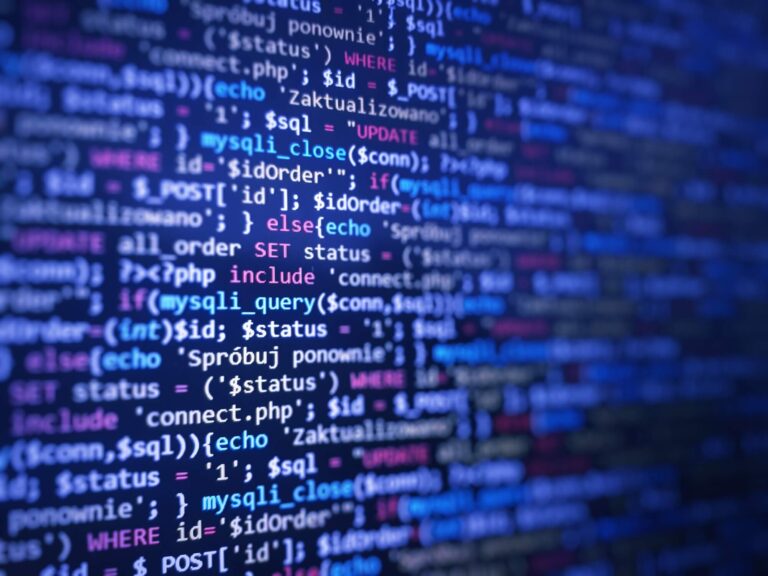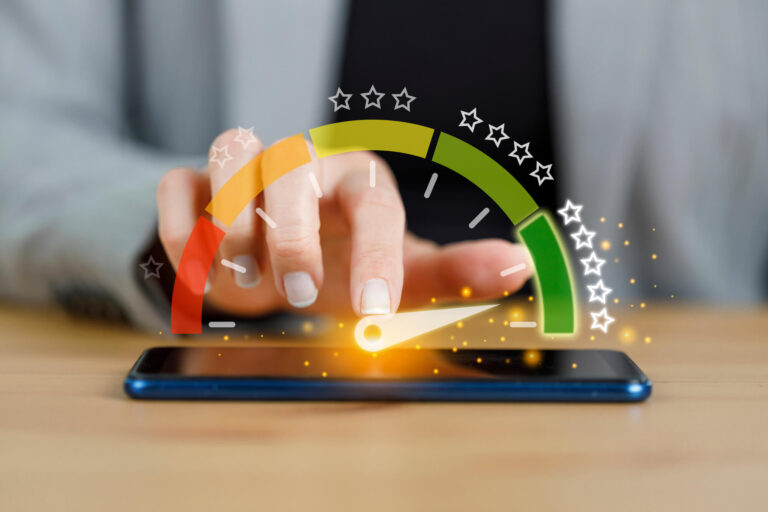Understanding AI in Web Design
In today’s fast-paced digital world, it’s more important than ever for businesses to create high-quality, personalized websites that stand out from the crowd. And that’s where AI comes in. AI, or artificial intelligence, is revolutionizing the web design industry by offering new and innovative ways to create better websites. In this article, we’ll explore what AI is, how it works in web design, and the many benefits it can offer businesses and their customers.
What is AI in Web Design?
At its most basic level, AI refers to the ability of machines to learn and improve over time without being explicitly programmed to do so. In web design, AI can be used to analyze data, identify patterns, and make predictions about user behavior, among other things. For example, AI can be used to personalize website content, optimize page layouts, and even generate new design ideas based on user preferences.
How Does Machine Learning Work in Web Design?
One of the most powerful applications of AI in web design is through machine learning. Machine learning is a subset of AI that focuses on building algorithms that can learn from data and improve over time. In web design, machine learning algorithms can be used to analyze user behavior, identify trends, and make data-driven design decisions. For example, a machine learning algorithm might analyze user data to determine which color scheme or font style is most appealing to a particular audience.
The Benefits of AI in Web Design
There are many benefits to using AI in web design. One of the biggest benefits is improved personalization. By using AI to analyze user data, web designers can create more personalized website experiences that cater to individual user needs and preferences. Another benefit is increased efficiency. AI can automate many routine tasks, such as A/B testing and content optimization, freeing up designers and developers to focus on more creative and strategic work. Finally, AI can help businesses stay ahead of the competition by offering new and innovative ways to engage with customers and create unique, memorable online experiences.
Your Dream Website Awaits!
Using AI for Website Personalization
As businesses compete for attention in a crowded online marketplace, personalization has become a key differentiator. By tailoring website experiences to the unique needs and preferences of individual users, businesses can create more engaging, effective, and memorable online experiences. Here’s how AI can help.
The Importance of Personalization in Web Design
Personalization is all about creating customized experiences that cater to the unique needs and preferences of individual users. To achieve this, businesses can use AI to:
- Analyze user data to gain insights into user behavior and preferences
- Segment users based on their interests, demographics, and behavior
- Customize content and messaging based on user preferences and behavior
How AI Can Help with Personalization
AI can help businesses personalize website experiences in a number of ways, including:
- Recommending products and services based on user behavior and preferences
- Optimizing website layout and design based on user behavior and preferences
- Personalizing content based on user behavior and preferences
- Analyzing user feedback to improve website performance and user satisfaction
Examples of AI-Powered Personalization on Websites
Many businesses are already using AI to personalize their website experiences. Here are a few examples:
- Amazon uses AI to recommend products based on a user’s purchase history, search queries, and browsing behavior.
- Netflix uses AI to recommend movies and TV shows based on a user’s viewing history and preferences.
- Spotify uses AI to personalize music recommendations based on a user’s listening history and preferences.
- Coca-Cola uses AI to personalize website content and messaging based on a user’s geographic location and preferences.
AI and the Future of Web Design
As AI continues to advance, its potential for web design is becoming increasingly apparent. Here are some potential ways AI could impact web design in the future:
- AI-generated designs that are based on user data and preferences
- Real-time website optimization and personalization for individual users
- Improved accessibility and inclusivity through AI-powered assistive technologies
However, as with any new technology, AI raises ethical and privacy concerns. These may include ensuring AI algorithms are fair and unbiased, protecting user privacy and data security, and addressing potential job loss or displacement for human designers and developers. Despite these concerns, the future of web design with AI looks promising, with the potential for advancements that improve the user experience and benefit businesses.


























